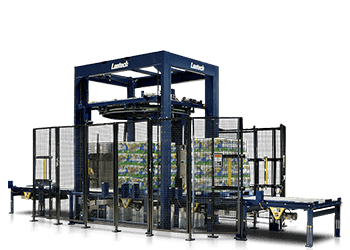Switching From Manual to Automatic Case Erecting
You’ve done your market research, created a product that your customers love, and implemented world-class production with top-notch quality. Now there is only one thing left to do – pack the boxes and ship the product. What are my options for case erecting and sealing? Should we just manually erect and seal the boxes, or […]




